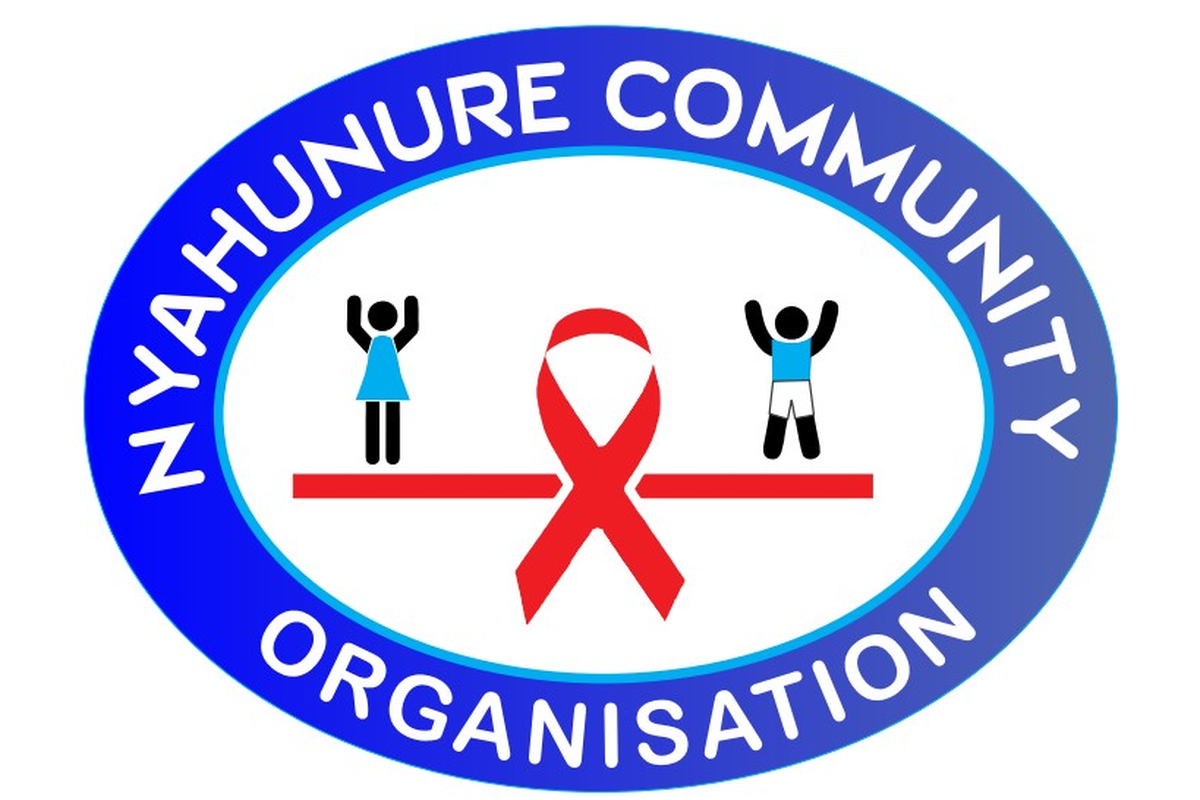NATIONAL AND EXPORT MARKET FEASIBILITY STUDY CONSULTANCY
Job Description
TERMS OF REFERENCE FOR NATIONAL AND EXPORT MARKET FEASIBILITY STUDY
Nyahunure Community Organisation (NCO) is Christian Aid is looking for a consultant to conduct a 15-day National and Export Market Feasibility Study designed to enhance export market opportunities for smallholder women farmer groups in the Mashonaland East production corridor. This Terms of Reference (ToRs) outlines a comprehensive framework for the study, aiming to ultimately bolster the economic resilience and empowerment of these farmers.
1. Background
The Women Economic Strengthening for Resilience Project (WESRP) is a collaborative initiative co-funded by Christian Aid and the Netherlands Embassy, implemented through Nyahunure Community Organisation (NCO). Launched in October 2024, the three (3) year project aims to empower smallholder women farmers in the Mashonaland East production corridor, particularly in Mudzi, Mutoko, Murehwa, and Goromonzi. The focus is on key value chains namely garlic, beans, paprika, onions, and honey, with the goal of enhancing household incomes and improving access to market opportunities (national and export) for women groups. This feasibility study will identify two potential value chains for export marketing, specifically targeting the significant barriers these farmers encounter in accessing export markets. By analyzing market dynamics, certification requirements, and logistical considerations, the study will provide actionable insights that can promote market penetration and economic resilience among the participating women farmer groups.
2. Objectives of the Study
The study will focus on three main areas:
1. Value chain identification and market analysis: Identify two potential value chains for national and export marketing, conducting a comprehensive analysis of market demand, trends, and competitive landscapes.
2. Logistical and value addition assessment: Define logistical routes from farm to market, identify potential export markets, and assess value addition opportunities, including necessary equipment and associated costs.
3. Compliance and quality requirements: Specify the certification procedures, quality standards, and registration requirements, including cost implications for compliance for each value chain to ensure successful market entry.
4. Capacity gaps analysis: Analyze capacity gaps at the smallholder farmer level to identify training needs and areas for skill development, ensuring farmers are equipped to meet market demands and compliance standards.
Duties and Responsibilities
3. Scope of work
The consultant will undertake a comprehensive national and export market feasibility study over a 15-day consultancy period, focusing on key aspects critical to enhancing the market potential of smallholder farmers in the selected value chains. The scope of work encompasses a detailed market analysis to identify two high-potential value chains from garlic, beans, paprika, onions, and honey, along with an examination of the actors involved in these value chains. The consultant will assess opportunities for value addition, including the necessary equipment and funding sources, while also documenting certification procedures and quality requirements essential for compliance with national and export standards. Registration requirements for smallholder farmers and cooperatives will be outlined to facilitate market entry. Additionally, the study will define logistical routes from farms to potential export markets, identifying infrastructure and challenges that could impact efficiency. Potential export markets will be analyzed for demand and entry strategies, while training gaps will be identified to ensure farmers are adequately prepared for production and marketing. This comprehensive approach aims to empower farmers, enhance their market access, and ultimately improve their economic resilience. Specifically, the consultant will undertake the following tasks over a 15-day consultancy period:
3.1 Market analysis
Conduct an exhaustive analysis of local, national, and export market demands for garlic, beans, paprika, onions, and honey.
Identify two value chains with the highest potential for export based on market size, growth trends, pricing and competitive advantages.
3.2 Value chain actor analysis
Map the key actors within the value chains, including producers, processors, distributors, and retailers.
Analyze the roles, relationships, and power dynamics among these actors to understand how they influence market access and profitability.
3.3 Value addition potential
Assess opportunities for value addition within the selected value chains, including the production of processed goods.
Identify necessary equipment, associated costs, and potential sources of funding or investment for value addition initiatives.
3.4 Certification procedures
Research and document the certification requirements for each selected value chain, covering organic certifications, food safety standards, and necessary export documentation.
Identify potential certification bodies and their associated processes.
3.5 Quality requirements
Specify the quality standards for each product, including grading, packaging, and labeling requirements necessary for both national and export markets.
3.6 Registration requirements
Outline the registration requirements for small holder farmers and cooperatives to operate in the export market, detailing the costs associated with compliance and any regulatory hurdles.
3.7 Route mapping
Define logistical routes from farms to potential export markets, considering transportation modes, costs, and timeframes.
Identify any market infrastructure (including value addition) available (district to national) and challenges that may impact the efficiency of these routes.
3.8 Potential export markets
Identify potential export markets, analyzing target countries and their demand for the selected value chains.
Assess market entry strategies and barriers to entry for each potential market.
3.9 Training gaps
Identify training needs for farmers related to production practices, quality assurance, compliance, and marketing strategies to enhance their readiness for export.
4. Deliverables
The consultant shall provide the following deliverables:
Inception report: A brief report outlining the methodology, work plan, and timeline (due by Day 3).
Feasibility study report: A comprehensive report containing findings, analysis, and recommendations for the two selected value chains (due by Day 15).
Certification and quality standards guiding document for each prioritized value chain, including compliancy (due by Day 15)
Potential markets database (local, national, export), for the two prioritized value chains
Presentation: A presentation summarizing key findings and recommendations to stakeholders (to be scheduled at the end of the consultancy period).
5. Methodology
Desk research: Review existing market studies, trade regulations, and export requirements to gather background information.
Field visits: Conduct visits to small holder farmers and processing facilities to gather qualitative data through interviews with farmers, cooperatives, and market experts.
Value chain actor’s consultations: Engage with value chain actors and key stakeholders to validate findings and gather practical insights on challenges and opportunities within the value chains.
Qualifications and Experience
6. Qualifications of the Consultant
The consultant should have:
Proven experience in conducting national and export market analysis within the agricultural sector, particularly pertaining to the specified value chains relevant to smallholder farmers.
A strong understanding of export regulations, certification processes, and quality standards necessary for successful market entry.
Experience working with exporters, agricultural cooperatives, and women farmer groups, showcasing a commitment to promoting gender equity and empowering marginalized communities.
Excellent analytical, report-writing, and presentation skills, enabling effective communication of findings and recommendations to diverse stakeholders.
Evidence of having completed at least two recent consultancy/facilitated business ventures / projects focusing on export market penetration, demonstrating the ability to navigate and address challenges in entering new markets.
How to Apply
Indicative timeline
Day 1-2: Desk research and stakeholder identification.
Day 3: Submission of the inception report.
Day 4-10: Field visits and data collection.
Day 11-14: Data analysis and report preparation.
Day 15: Submission of the feasibility study report and presentation to stakeholders.
8. Budget
A detailed budget should be developed based on the consultant’s daily rate and any additional costs related to travel, materials, and stakeholder engagements.
9: Specific requirements from the Expression of Interest
9.1 Expression of Interest (Proposal inclusive of Work plan - including understanding of ToRs, methodology)
9.2 Detailed budget
9.3 Evidence of two recent consultancy or involvement on export market facilitation
NB: Kindly note that Expression of Interest, Work Plan and Budget should be sent as one single attachment (pdf).
10. Application
Interested Consultants/Individuals should kindly send their application to [email protected]. Applications should be submitted by the 18th of July 2025. Late applications will not be considered
Similar Listings

Call for Expression of Interest Consultant to conduct a Rapid Assessment of the market landscape and suppliers of climate change adaptation solutions in Zimbabwe Simbiso Project
Oxfam — Harare

Supplier Listing 2026
Unknown — Unknown

Request for Quotations: Supply and Fix of Isuzu KB300 Engine
Transparency International Zim — Harare

Location: Murehwa
Company: Nyahunure Community Organisation
Expiry Date: 2025-08-18 00:00:00
